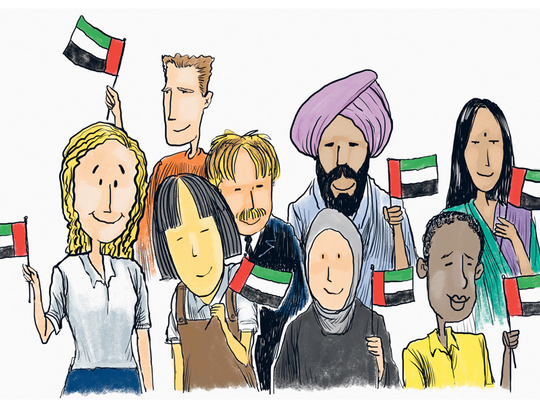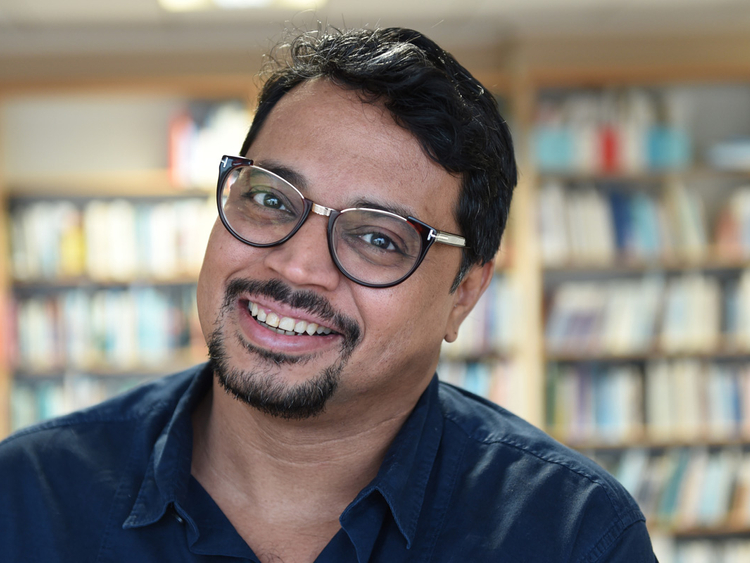
Travelling to Abu Dhabi and Fujairah last month on food-related duties for this venerable newspaper, I was able to truly appreciate the benefits of living in a country of united states. There were no anxiety-inducing border checkposts and no luggage to open up — and on the way to the east coast, I didn’t even need to be awake as we passed through Sharjah and Ras Al Khaimah. At one time not so long ago, such a journey would have been impossible.
An experience in another GCC country a couple of years ago stands out in stark contrast. Alarmed by my job description on my UAE residence visa (the same one that affords me entry into this and many other countries), airport officials had me wait to one side without telling me why. A nerve-wracking 45 minutes — and several phone calls to friends in the said country later — I was asked to sign a form promising not to film or report on my trip, and I was free to head down to the party I’d come to attend.
The personal benefits of this political unity have been brought home to me more recently. In Abu Dhabi, for instance, I don’t need my passport to check into a hotel any more — an Emirates ID card is enough. Friends have been able to set up a company in one emirate and hawk their services to government entities in any of the other six. And impromptu reunions with family or friends transiting through are that much easier.
At a federal level, we have seen how the hydrocarbon reserves of some emirates have benefitted others, the way business innovation in one city quickly inspires others, and how decisions taken at the national level can improve lives for those in the most disadvantaged areas.
Projects in tangible and intangible areas make this close-knit approach possible. Examples? New roads make it easier for consultants to live in Ras Al Khaimah, and integrated representation at international sporting events allow young six-year-old Lamia Tariq Al Farsi to dream of wearing the UAE’s colours at the Olympics.
Federal unity affords economic opportunity to a greater number of people and has improved lives visibly. Had the seven leaders chosen their own separate ways after the Trucial Shaikhdoms became independent, the results might have been very different — and rather more distasteful to contemplate. Indeed, by sinking their political differences, the UAE has become an oasis of peace and prosperity in a very troubled neighbourhood — and an inspiration to other nations and peoples.
For that, anyone living in the UAE today owes a debt to the foresight of Abu Dhabi’s Shaikh Zayed Bin Sultan Al Nahyan, the nation’s founding president, that of his close friend, Shaikh Rashid Bin Saeed Al Maktoum, the former ruler of Dubai, and of the rulers of Ajman, Fujairah, Ras Al Khaimah, Sharjah and Umm Al Quwain.












